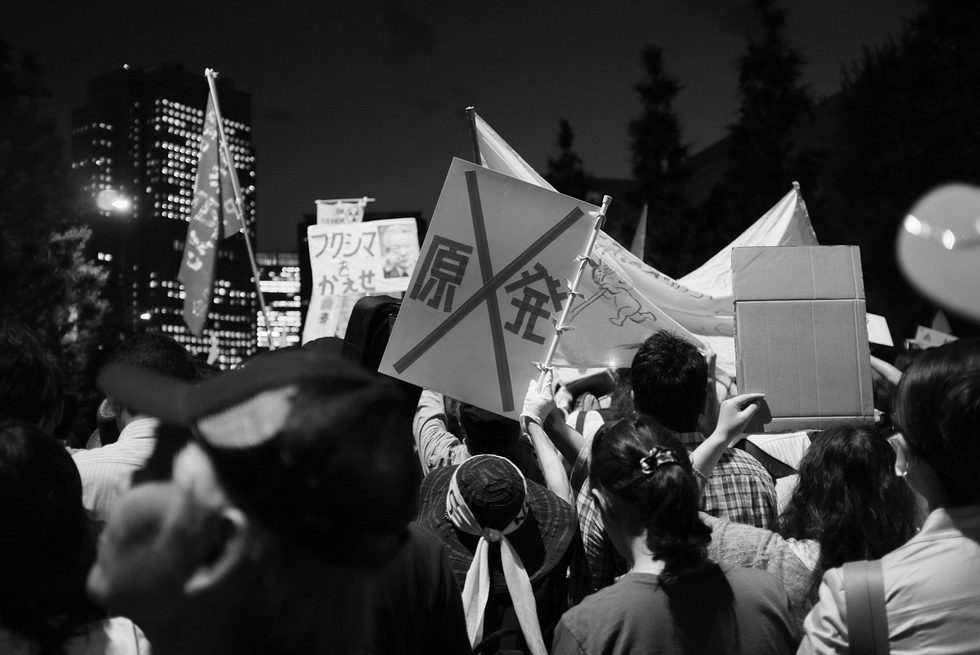History’s Repetition
From the Series: 3.11 Politics in Disaster Japan: Ten Years Later
From the Series: 3.11 Politics in Disaster Japan: Ten Years Later

When the unwelcome collaboration of nature and history furiously swept over and uprooted everything in its way in Fukushima on 3.11, the then mayor of Tokyo explained it was “heaven’s vengeance,” a traditional description of natural disaster reminding the folk of moral failure. Similarly, it occurred to me that this constituted a world historical event overdetermined by a partnership of nature’s force and history’s recklessness. Such eventfulness would surely be indelibly imprinted upon our collective memory and result in the event’s continuing presence and require a monumental work in progress with no end in sight. The scale of destruction and death, still incalculable, and the massive dislocations and persistence of its toxic afterlives seeping into soil and water conspired to make life unlivable, its inhabitants refugees stranded in an unfamiliar land they no longer called home nor recognized.
The decade following 3.11 persuaded me that I had been wrong and that perhaps heaven had wreaked its vengeance, not because of moral failure, as such, but history’s, that is capital’s, disregard for nature. The years began to show a pattern of the Japanese state’s withdrawal from the event by admonishing people to learn to live with what had happened and encouraging them to get on and by diverting funds for rehabilitation of survivors to grand projects like the 2020 Olympics, divesting their claim to national priority. What should have been a global undertaking was a reversal, as Japan’s own indifference and withdrawal, manifest in an unfinished program of recovery, rapidly reduced the event’s worldly significance into a local occurrence, eventually eclipsing memory itself for a modern version of the Roman “bread and circuses.”
Read Harry Harootunian's essay “Conjunctural Inventory,” published July 26, 2011.